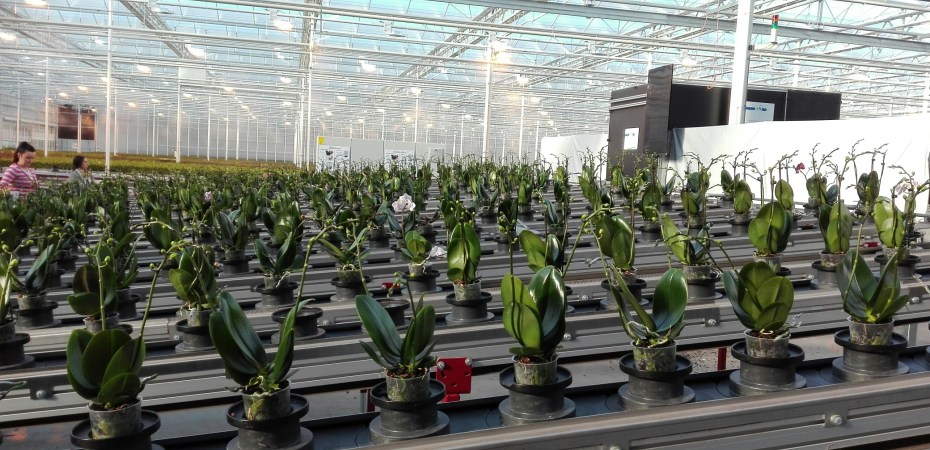By Sarah Delputte and Jan Orbie | EADI/ISS Blog Series
In February 2019, we pushed ourselves out of our comfort zones to participate in a panel on “Re-thinking, Re-defining, Re-positioning: “Development” and the Question of “Alternatives”, convened by Julia Schöneberg at the Development Days Conference in Helsinki, in a first attempt to look at EU development policy from a postdevelopment perspective. As scholars studying the EU’s Development Policy we usually try to take a critical approach towards EU Development. However, and perhaps embarrassingly, postdevelopment debates were new to us. Continue reading “Bridging EU- & Postdevelopment Studies: Four Avenues”




